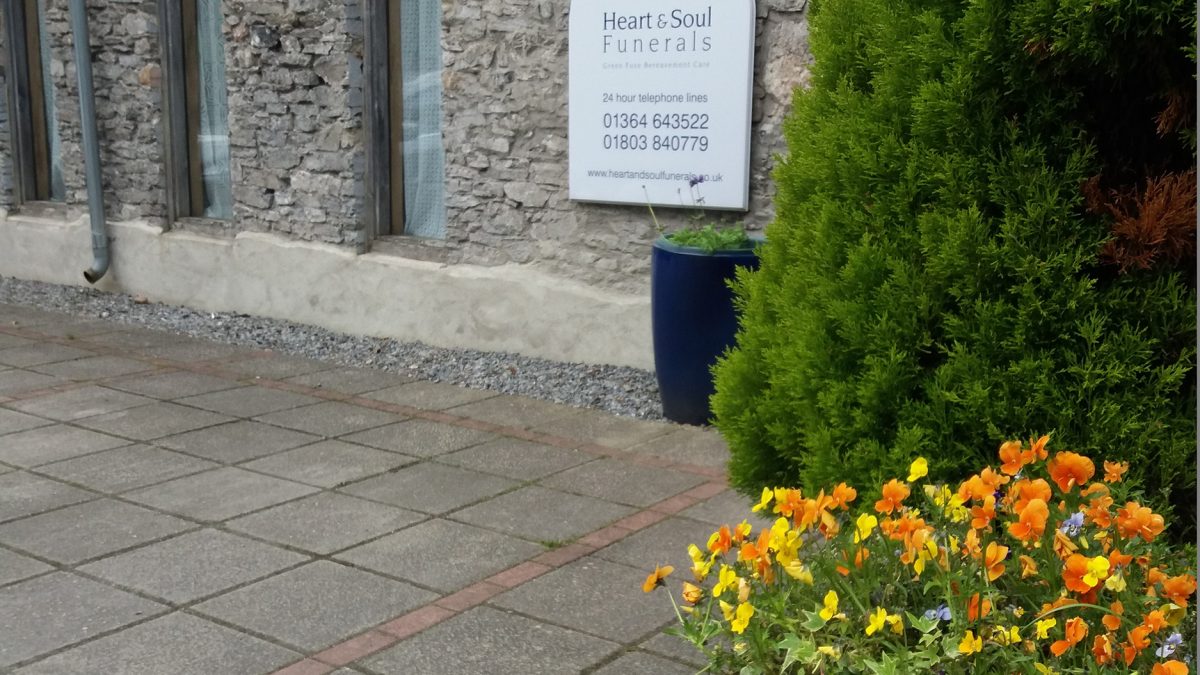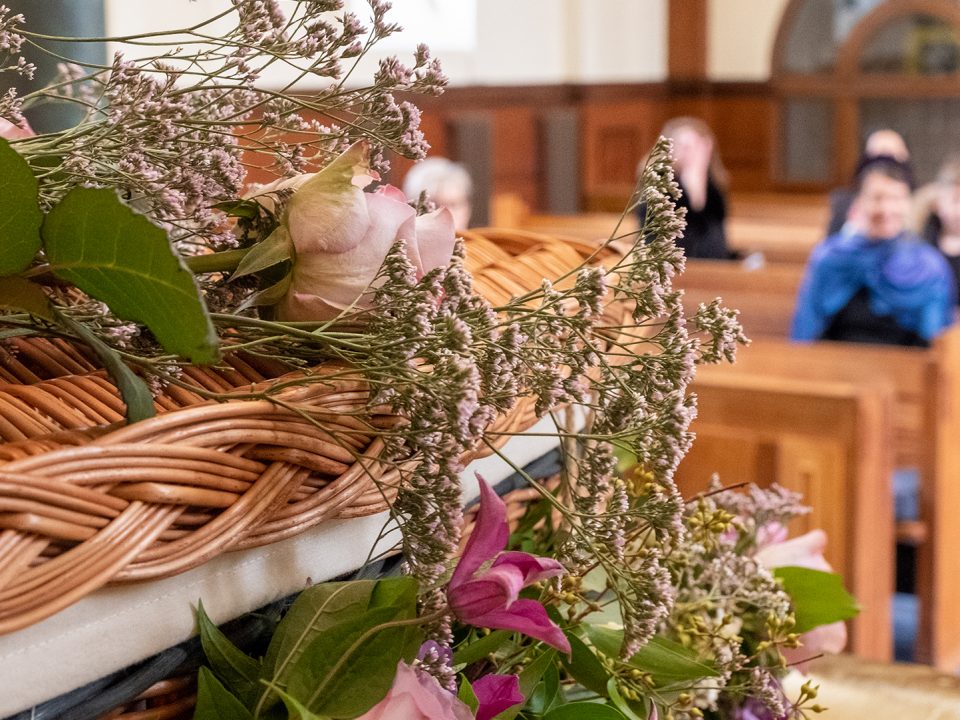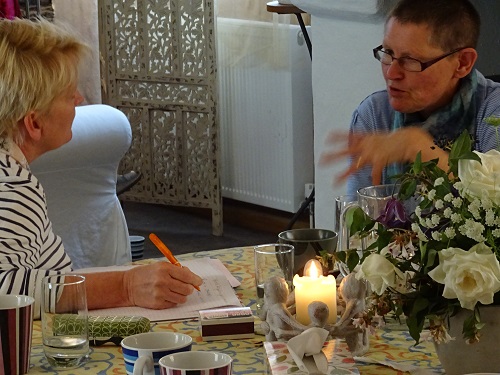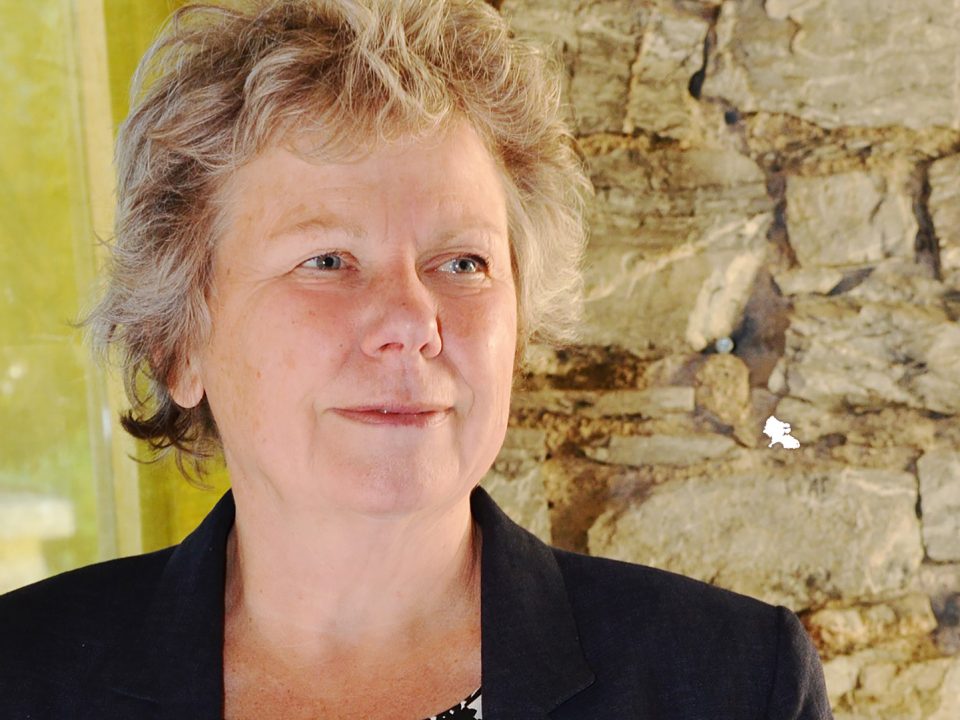New role for funeral directors/undertakers

Funerals have changed over the last 20 years from being largely faith based to over half being more person-centred and individual, led by a celebrant – one effect of the attitudes of the ‘babyboomer’ generation. The change emerges from the post-modern culture. Its characteristics are a higher quota of self-determination and consideration of individual interests rather than following standardised guidelines for dealing with death. Now The Church Of England conducts only around one in three funerals in England.
Since time immemorial most societies set about ritual performances which help make sense of the ending of a life, by reconstructing the identity of the dead within some wider framework. This may be faith based, but also focus on legacy, the continuity of generations, and the actual story told about the person who has died, the summation of their life as told at the funeral. A funeral is a social event and act which families take great care to imbue with personal meaning and ritual.
With this the role of the undertaker or funeral director is changing too. In fact ‘undertaker’ is a better term because we are following wishes more than directing them. It used to be to instruct a family on “how things are done” and to provide the means for that, the infrastructure. But that no longer satisfies the requirements of many bereaved people.
Our role now is to listen carefully, to explore what would be the best kind of funeral for each particular person, and to be a “guide for self-organisation of the bereaved, based on creativity and improvisation”. Each funeral arrangement begins with a blank sheet of paper. Each family knows what would be best. We can help to translate those wishes into reality.




